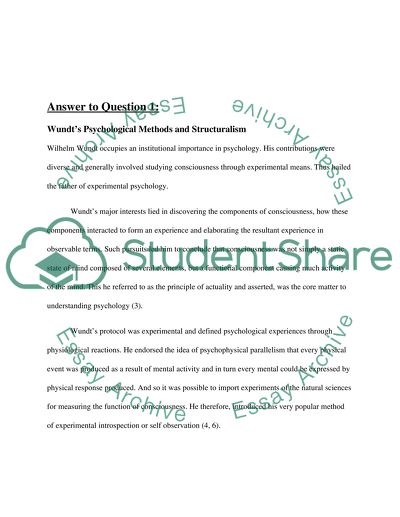Cite this document
(“Aspects of the History of Psychology Assignment”, n.d.)
Aspects of the History of Psychology Assignment. Retrieved from https://studentshare.org/psychology/1534556-essay-on-history-of-phychology
Aspects of the History of Psychology Assignment. Retrieved from https://studentshare.org/psychology/1534556-essay-on-history-of-phychology
(Aspects of the History of Psychology Assignment)
Aspects of the History of Psychology Assignment. https://studentshare.org/psychology/1534556-essay-on-history-of-phychology.
Aspects of the History of Psychology Assignment. https://studentshare.org/psychology/1534556-essay-on-history-of-phychology.
“Aspects of the History of Psychology Assignment”, n.d. https://studentshare.org/psychology/1534556-essay-on-history-of-phychology.


